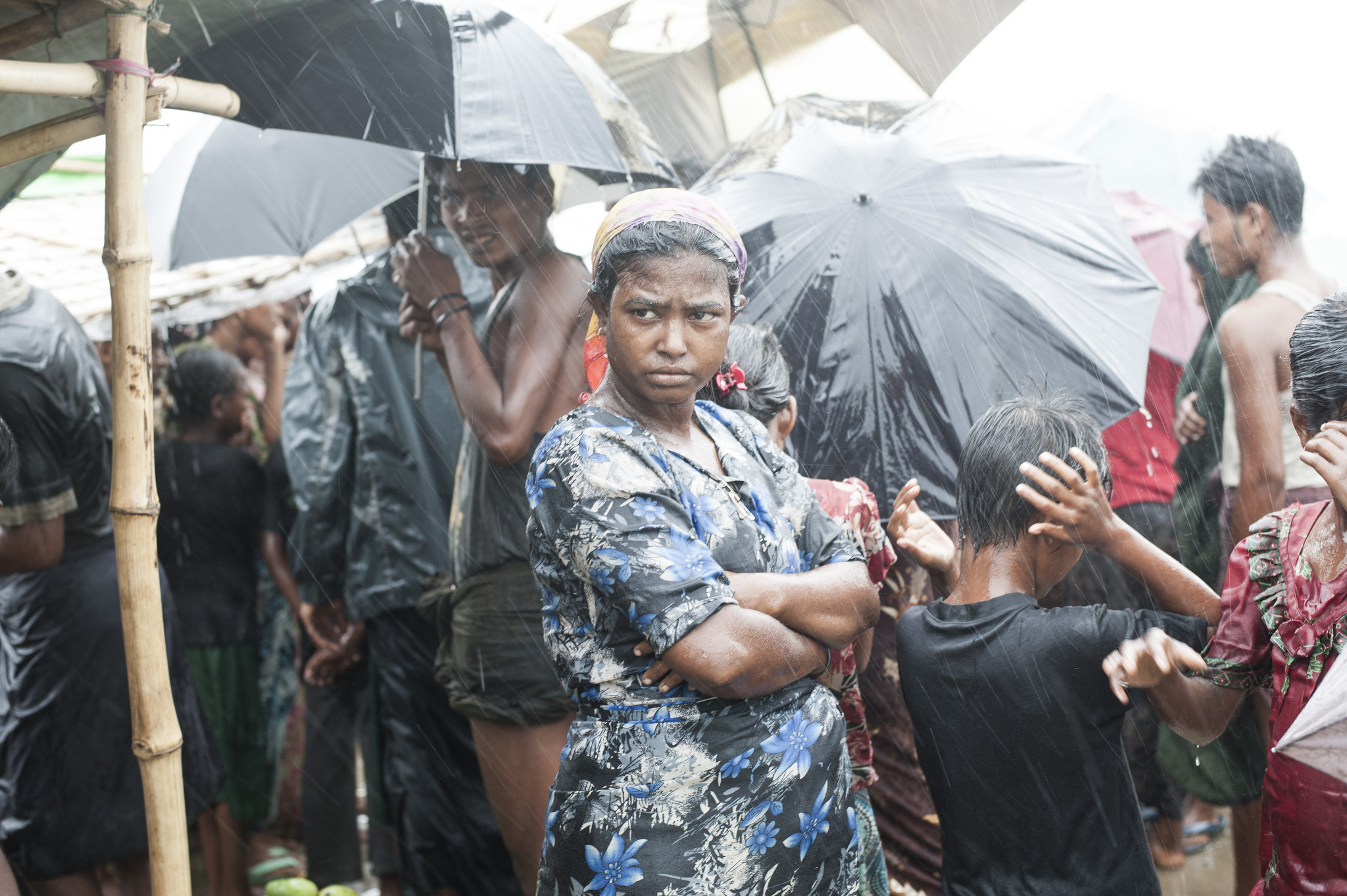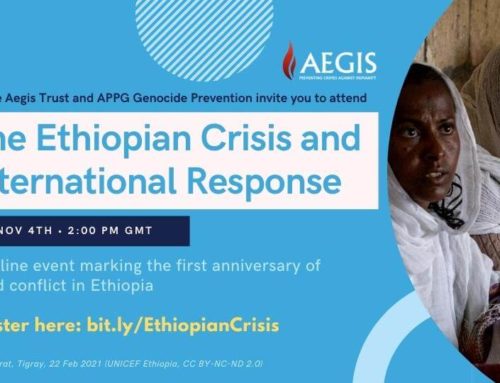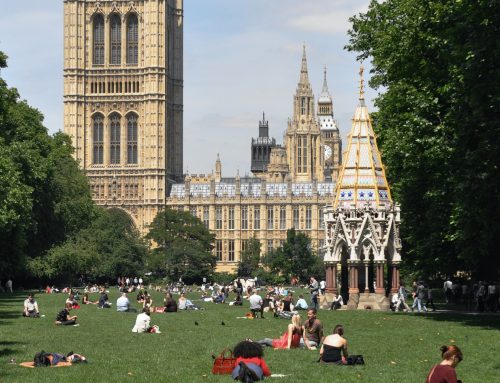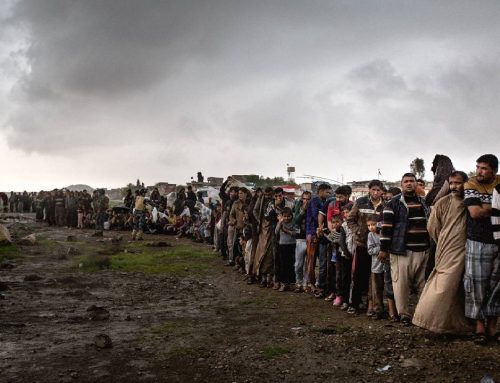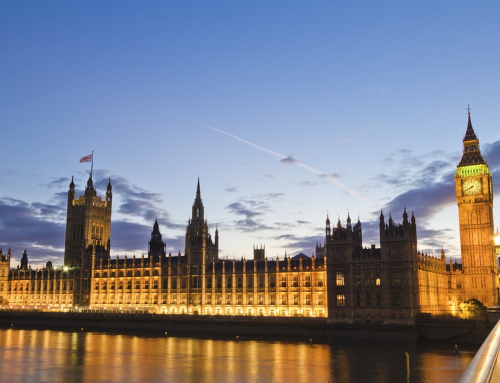With humanitarian crises worsening around the World, atrocity prevention should be a foreign policy priority for the UK – which has the potential to make a much greater difference. So say MPs and field experts who met in the Palace of Westminster on 11 September to discuss ‘Global Britain: the UK’s role in Atrocity Prevention Post Brexit.’
The meeting was called by the All-Party Parliamentary Group on Prevention of Genocide and Crimes Against Humanity, whose Co-Chairs include Alison McGovern MP (Lab), Tom Tugendhat MP (Con) and Robert Jenrick MP (Con).
“We should put the protection of civilians at the centre of our foreign policy”
Two years ago the late Jo Cox MP commented, “We should put the protection of civilians at the centre of our foreign policy, not sit on the side lines while hundreds of thousands more are killed and millions flee…”
Opening with comments on the importance of building on Jo Cox’ legacy, McGovern and Tugendhat noted the rising moral, political and economic cost of failure to prevent, as crises grow in countries like Syria, Myanmar and South Sudan.
Sarah Brockmeier of the Global Peace Policy Institute, Berlin, gave the meeting a briefing on lessons learned from the Obama administration. She noted that the earlier we act, the more policy tools we have at our disposal. She highlighted the value of high-level political leadership, of institutionalization for early (or ‘up-stream’) prevention, and broadening of the toolkit from whether or not to simply send troops.
Obama’s personal focus on this policy area, she suggested, increased attention and helped generate interventions which probably prevented atrocities in Burundi, Kenya, Myanmar and Jonglei State, South Sudan. Institutionalising upstream prevention through creation of the US Atrocity Prevention Board (APB) also helped ensure effective coordination of relevant efforts across government departments.
Finally Brockmeier posed the idea that the UK could also broaden its policy tools on prevention by training Government staff to recognize early warning signs and adjust programming; by developing more sophisticated sanctions; by using prosecution mechanisms more effectively; by operationalizing the protection of civilians and strengthening UN peacekeeping; and by running training simulations for scenarios requiring civilian protection.
Naomi Kikoler, of the Simon Skjodt Centre for Prevention of Genocide at the US Holocaust Memorial Museum, then gave the meeting a briefing on opportunities for a UK Atrocity Prevention Centre, which has the potential to be developed in connection with the forthcoming Westminster based UK Holocaust Memorial & Learning Centre.
If we do not act, “we will be talking about ISIS 2.0″
The cost of inaction becomes prohibitive if we wait too long, Kikoler said. If we do not act, “we will be talking about ISIS 2.0 in the next five or ten years.” Under the new US administration, “we are lacking global leadership” and it must come from this side of the Atlantic. With its global reach, she suggested the UK could help to provide that. An Atrocity Prevention Centre could train British forces, police, DFID, FCO and intelligence staff; the UK civil service and diplomatic corps have a reach that few other countries have. A centre could also help to institutionalize upstream thinking, moving decision-makers away from crisis mode and improving the extent and quality of early response.
Kikoler noted about her own institution that while the USHMM is US Government-funded, the Simon Skjodt Centre for Prevention of Genocide at the USHMM is privately funded – allowing it more independence to advise and speak out.
Whatever model might be developed in the UK, as Elie Wiesel put it when the USHMM was founded, “a memorial unresponsive to the future would violate memory of the past”.
For more information about the APPG on Prevention of Genocide and Crimes Against Humanity, click here.

